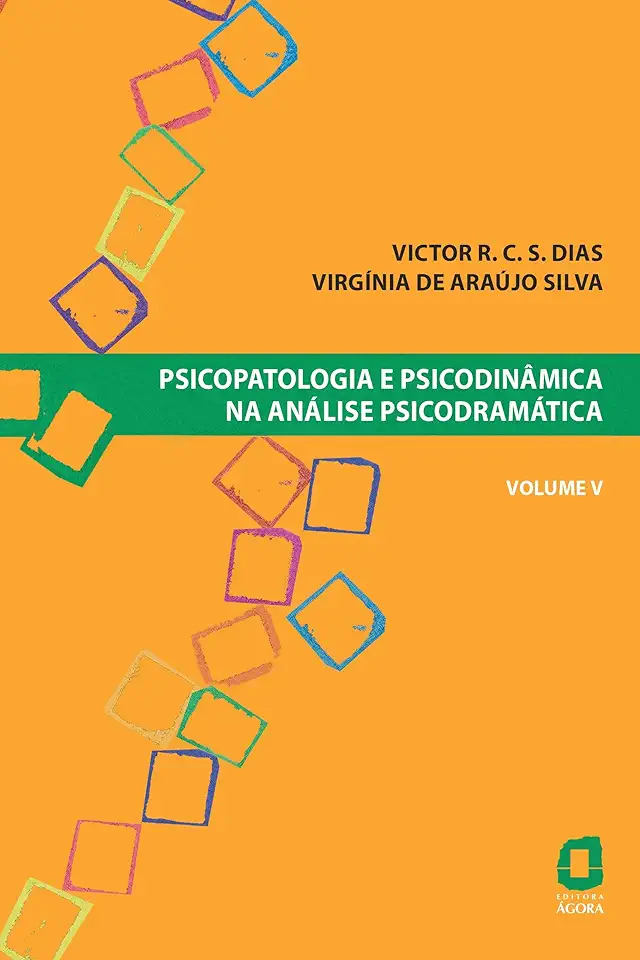
Psychopathology and Psychodynamics in Psychodramatic Analysis - Victor R. C. S. Dias
Psychopathology and Psychodynamics in Psychodramatic Analysis: A Comprehensive Guide to Understanding and Treating Mental Disorders
Introduction
In the realm of psychotherapy, few approaches offer such a profound and transformative experience as psychodrama. This innovative therapeutic method harnesses the power of action, creativity, and interpersonal dynamics to delve into the depths of the human psyche, uncovering hidden conflicts, unresolved traumas, and unconscious motivations.
Psychopathology and Psychodynamics: The Cornerstones of Psychodramatic Analysis
At the heart of psychodrama lies a deep understanding of psychopathology and psychodynamics. Psychopathology, the study of mental disorders, provides a framework for comprehending the symptoms and underlying mechanisms of psychological distress. Psychodynamics, on the other hand, explores the unconscious processes and interpersonal relationships that shape our thoughts, feelings, and behaviors.
The Psychodramatic Stage: A Mirror to the Soul
Psychodrama unfolds on a unique stage, where clients are invited to enact their inner conflicts and emotional struggles. Through spontaneous role-playing, clients gain a deeper awareness of their own experiences and the impact they have on others. This process of self-exploration and self-expression allows for profound catharsis and emotional release.
The Role of the Therapist: Facilitator, Guide, and Catalyst
In psychodrama, the therapist takes on the role of a skilled facilitator, guiding clients through their emotional journeys. The therapist creates a safe and supportive environment, encouraging clients to explore their inner worlds without fear of judgment. Through careful observation and interpretation, the therapist helps clients gain insights into their unconscious motivations and develop healthier coping mechanisms.
Applications of Psychodramatic Analysis: A Versatile Therapeutic Approach
Psychodramatic analysis has proven effective in treating a wide range of mental health issues, including:
- Anxiety disorders
- Depression
- Trauma
- Relationship problems
- Eating disorders
- Substance abuse
- Personality disorders
The Benefits of Psychodramatic Analysis: A Path to Healing and Transformation
Psychodramatic analysis offers numerous benefits for individuals seeking to overcome mental health challenges. These benefits include:
- Increased self-awareness
- Emotional catharsis
- Improved interpersonal relationships
- Enhanced creativity
- Resolution of unconscious conflicts
- Development of healthier coping mechanisms
- A deeper sense of personal empowerment
Conclusion: Embark on a Journey of Self-Discovery and Healing
Psychopathology and Psychodynamics in Psychodramatic Analysis is an essential resource for mental health professionals seeking to deepen their understanding of the human psyche and effectively treat mental disorders. Through its comprehensive exploration of psychopathology, psychodynamics, and the practical application of psychodramatic techniques, this book provides a roadmap for facilitating profound healing and transformation in clients.